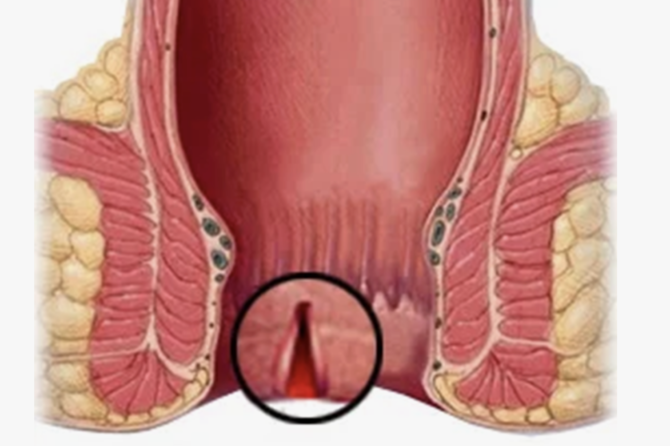
How is the non-surgical treatment of anal fissure performed?
How is the non-surgical treatment of anal fissure performed?
Anal fissure is a condition characterized by painful cracks around the anus. Non-surgical treatment methods are usually applied in cases of mild or moderate fissures. These methods aim to alleviate pain and support the healing of the fissure. The treatment process typically involves dietary changes, topical creams, and physical therapy methods. Initially, implementing a high-fiber diet helps regulate bowel movements and soften the stool. Fiber-rich foods soften the stool, reducing pressure on the anus. Additionally, consuming plenty of water plays an important role in this process.
Topical creams and ointments are commonly used in the treatment of anal fissures. These products usually contain ingredients that soothe the tissues around the anus and accelerate healing. Doctors may recommend different treatment options depending on the patient’s condition.
In which cases is medical treatment performed?
Medical treatment can be applied at various stages of an anal fissure. Generally, this treatment option is considered for patients who do not heal with conservative methods or who experience severe pain and complications. Doctors determine medical treatment based on the patient’s condition and usually prefer it when other treatment options are insufficient.
Medical treatment typically includes topical medications and some systemic drugs. Topical medications can be in the form of creams or ointments that support the healing of the anal fissure and relieve pain. These medications, being applied locally, can provide quick relief. The ingredients they contain can relax the muscles around the anus, increase blood flow, and speed up the healing process. Systemic medications may be recommended in some cases. Particularly when severe pain or inflammation is present, doctors may prescribe pain relievers or anti-inflammatory drugs.
Is non-surgical treatment possible for chronic anal fissure?
Chronic anal fissure generally refers to fissures that do not heal for 6 weeks or longer. In such cases, the effectiveness of non-surgical treatment methods may be limited. However, for some patients, these methods can still be applied and may be helpful. Non-surgical treatment for chronic anal fissure usually includes two main goals: relieving pain and supporting the healing of the fissure. For this purpose, conservative methods such as dietary changes, topical treatments, and warm sitz baths can be used. These treatment options can reduce discomfort and support the healing process.
What are the advantages of medical treatment for anal fissure?
Medical treatment for anal fissures has several advantages. These treatment methods are generally less invasive than surgical interventions and can increase patient comfort during the healing process. Firstly, medical treatment methods can usually alleviate pain quickly. Topical creams and ointments reduce discomfort around the anus, improving patients’ quality of life. Since these types of medications are usually applied directly, they provide effective results.
Another advantage of medical treatment is that it offers a lower risk of complications compared to surgical interventions. Surgical procedures can often lead to issues such as the risk of infection and complications during the healing process. Medical treatment is less invasive and generally minimizes such risks.
Leave a reply
Leave a reply